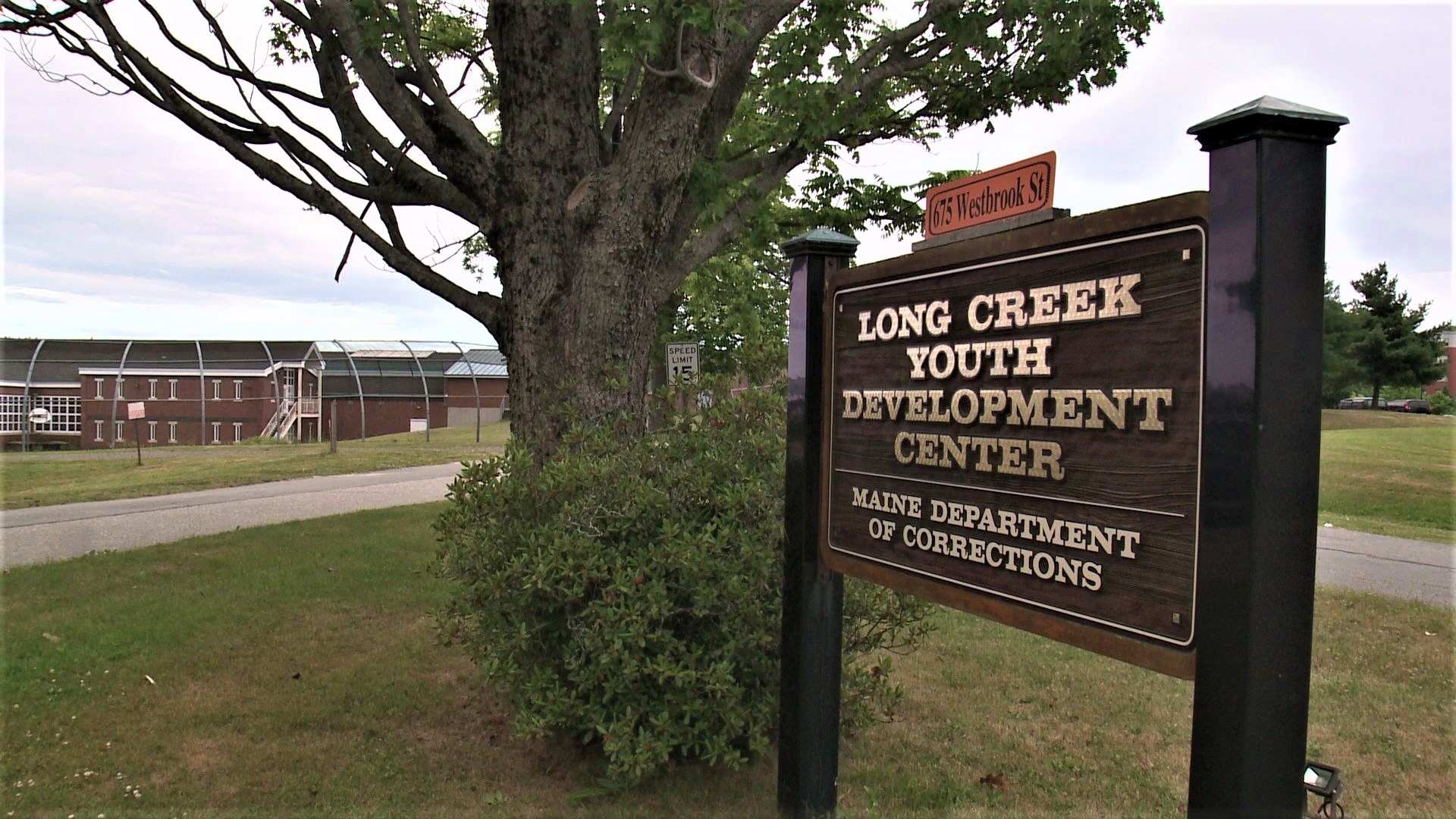AUGUSTA, Maine — Maine senators on Monday passed a bill to close Maine's only youth prison within two years.
The bill, presented by Rep. Grayson Lookner, D-Portland, passed in a 19-15 vote. The House passed the bill in an 81-57 vote on Thursday.
The bill would direct the Maine Department of Corrections develop a plan to close Long Creek Youth Development Center in South Portland within two years.
The nearly $19 million spent on Long Creek each year would instead be invested in "a continuum of community-based alternatives" for minors either incarcerated at Long Creek or who might have been there otherwise.
The Legislature would also transfer responsibility for caring for the youth to another agency or entity.
There are currently several dozen people detained in the facility, which is designed to hold up to 200.
After the vote Monday, Lookner said, “This is a monumental moment for Maine’s young people."
"I am thankful to my colleagues in the Senate for advancing this measure to create a plan to close Long Creek. When children and teens make mistakes, they need community support and mental health resources. They don’t need incarceration," Lookner said in a statement to NEWS CENTER Maine.
A spokesperson for Maine Youth Justice, a nonprofit organization working to end youth incarceration in Maine, said the Senate's passage of the bill "is an incredible, hard-fought win to end the harmful and traumatic practice of youth incarceration in Maine."
"Maine’s young people deserve a chance to learn and grow, and our legislators proved today that Maine will support them in their journeys," Leyla Hashi continued to say in the statement. "Our young people always deserved better than the harsh environment that Long Creek created and now, we can invest the $18 million operating costs into care, such as job training programs, mental health supports and housing. We know community-based programs are the best way to hold youth accountable, address their individual needs, and involve families, mentors, and trusted adults in the process."
Anna Black, the director of governmental affairs for the Maine Department of Corrections, said the Maine DOC "remains committed to ensuring juveniles involved in the justice system experience a fair, equitable and responsive system."
Black said the Division of Juvenile Services' February 2021 action plan "details the measured response of building up community-based programs, services and resources through the reallocation and repurposing of $6 million of the MDOC’s budget."
In a statement to NEWS CENTER Maine on Monday, Colin O'Neill, the associate commissioner of the Maine DOC Juvenile Division, said they are "concerned that LD 1668 does not take a balanced approach to ensuring rehabilitation and public safety."
"The multi-year effort put forth by the MDOC, in collaboration with the Maine Juvenile Justice System Assessment & Reinvestment Task Force addresses the need to invest in community supports for juveniles who are better served by a community-based program, while also ensuring that the Judiciary has access to Long Creek, a secure facility for juveniles who pose a significant public safety risk. The MDOC’s approach is balanced.”
“The young people at Long Creek need responses and investments that will help them get back on track, not make it more difficult to turn their lives around. It is the failure of the system, not the child that landed them in Long Creek," Sen. Chloe Maxmin, D-Nobleboro, said. "The failure of these systems often result in youth being placed in overly restrictive (and expensive) settings such as emergency rooms, hospitals, residential settings, or at Long Creek. This is bad for kids and bad for taxpayers. Kids shouldn’t have to be locked up to access mental health services. We can do better. By closing Long Creek and investing the $18 million operating costs into care, such as job training programs and mental health supports, we can invest in the future of our youth and our community.”
The bill now goes to Gov. Mills' desk for signature or veto.

